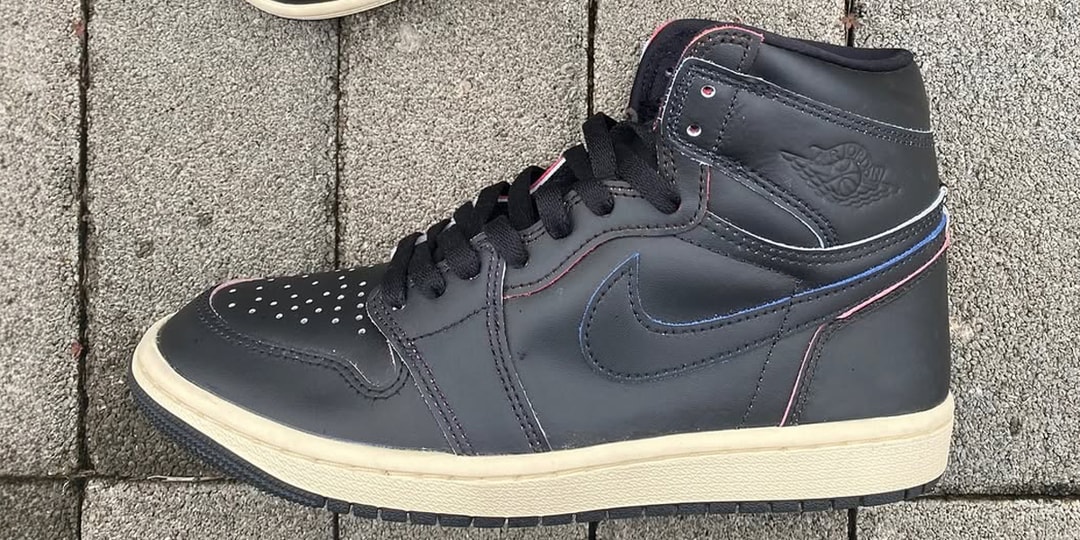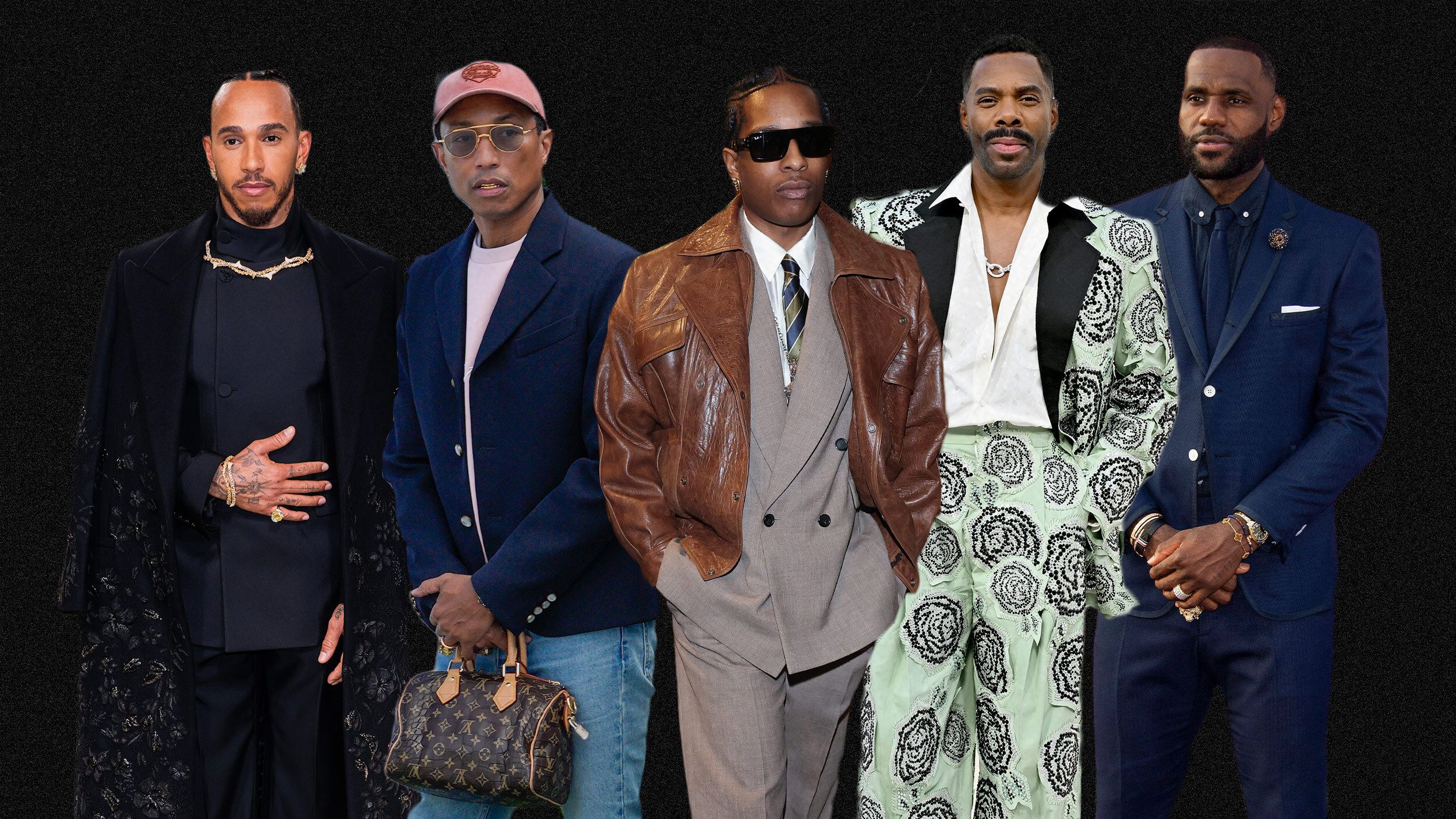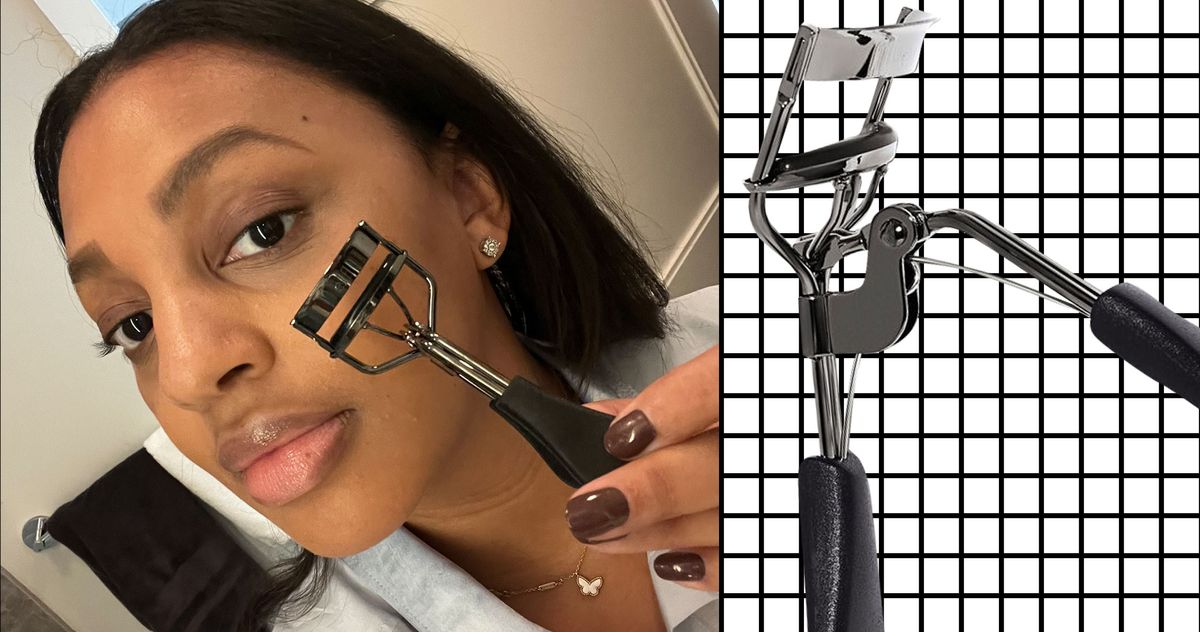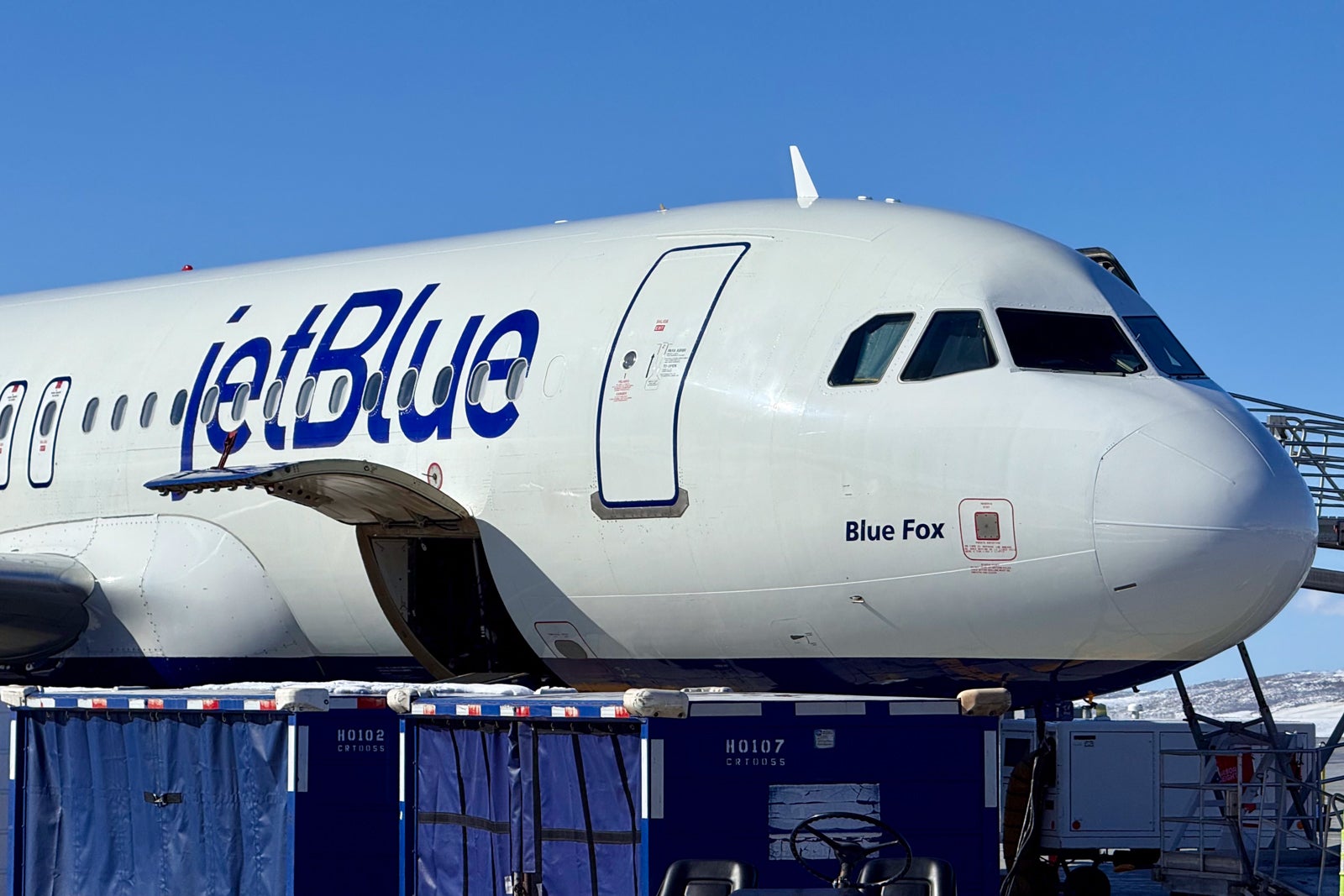United & JetBlue: Could We See A Merger, Partnership, Or What?
It has been a fascinating several months for JetBlue. The airline has struggled with profitability post-pandemic, given how the environment has changed. Even the most profitable airlines are barely making profits from flying passengers, but instead, make their money from other aspects of their business, like the loyalty programs.

It has been a fascinating several months for JetBlue. The airline has struggled with profitability post-pandemic, given how the environment has changed. Even the most profitable airlines are barely making profits from flying passengers, but instead, make their money from other aspects of their business, like the loyalty programs.
In recent months, JetBlue executives have made it clear that they’re in talks with other airlines about launching new partnerships. One possible outcome was that JetBlue could partner with American, but we learned yesterday that those talks broke down, because “JetBlue was focused on different business priorities.”
With that in mind, I want to talk about the current state of things, and how this could all play out. Because if JetBlue doesn’t do something with American, it sure seems like it’ll involve United instead.
We know United is very interested in JetBlue
Earlier this year, @xJonNYC reported that United was internally closely looking at some sort of deal with JetBlue. He made it clear that this didn’t necessarily mean that negotiations were taking place, but rather that it was being examined at the airline.
I have sources telling me UA is heavily looking at B6 — merger or buying assets or something else I’m not remotely sure at the moment.— JonNYC (@xjonnyc.bsky.social) January 29, 2025 at 2:38 PM
The rumor spread like wildfire and was in some cases taken out of context, causing United to even file an SEC 8-K, clarifying that it “is not in negotiations or discussions with any other airline regarding a merger, acquisition or similar strategic transaction and has not been in any recent discussions with any airlines regarding the same.” The way I view it, that wasn’t actually a denial of any of the claims, about it being looked at internally.
Just weeks later, United CEO Scott Kirby basically confirmed that he could see further indusrtry consolidation, saying that “JetBlue is the obvious candidate,” and that “the ball is going to be in JetBlue’s court.” In fairness, he also indicated that mergers are headaches, and that it might be less likely than some people think.
But still, we know that United is generally interested in doing something with JetBlue, and we know that JetBlue is walking away from any sort of a deal with American.
I also think you can’t overstate two things, as they impact some sort of a deal:
- Kirby is the airline industry’s most ambitious guy, and he’s determined to overtake Delta and become the most profitable airline
- Kirby feels really strongly that United leaving JFK was a big mistake, and he has gone on record as saying that he wishes he could “roll back the clock and change that decision”
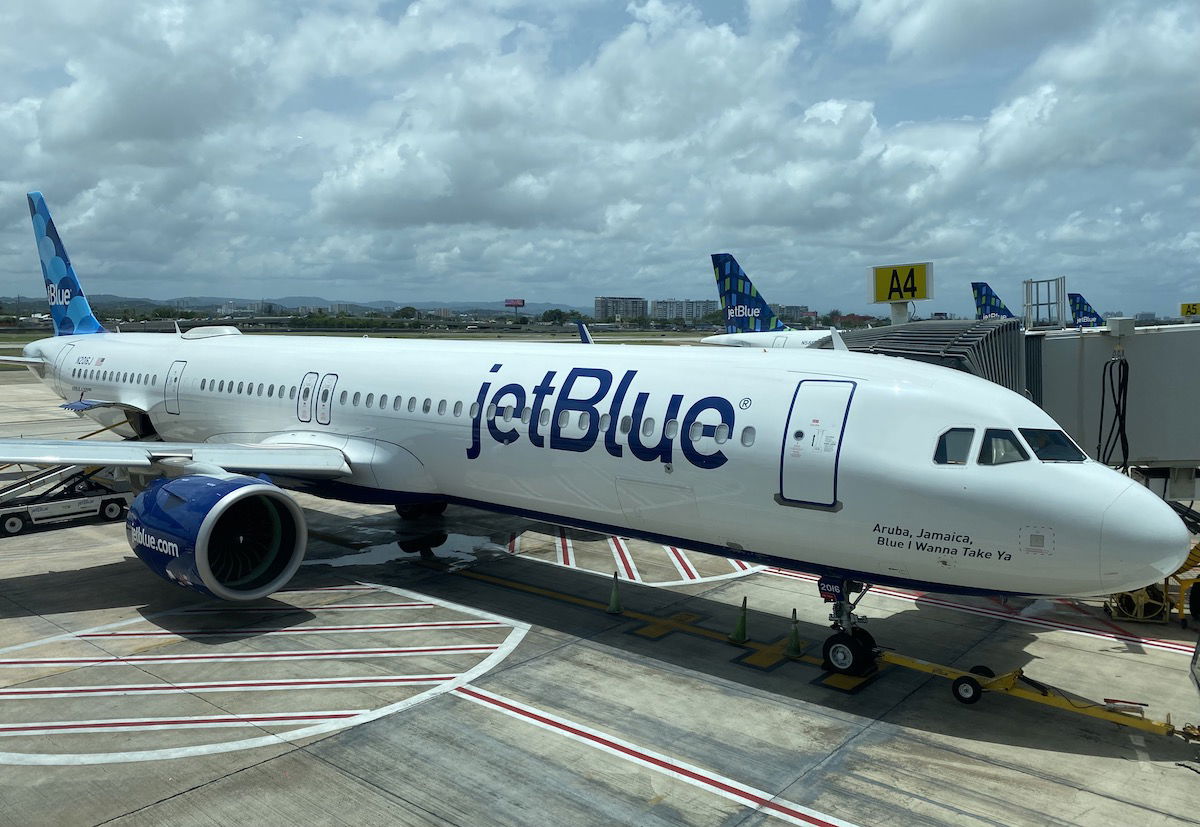
JetBlue would be a great fit for United
JetBlue is an airline that’s generally loved by passengers. There’s only one major issue — the airline struggles to make money (minor detail, I know!). Unlike some low cost carriers, JetBlue isn’t hemorrhaging money in a way that puts it at immediate risk, but the airline also can’t seem to turn a profit, despite having a strong position in some lucrative markets.
Last year, I wrote about how JetBlue could be an attractive acquisition target for several airlines. Specific to the United rumor, I can totally see how United would find value in acquiring JetBlue:
- We know that United has desperately been wanting to return to New York (JFK), but can’t get available gate space; JetBlue has a huge presence there
- We know that United has been looking closely at opening a hub in Florida, and JetBlue has a hub in Fort Lauderdale (FLL)
- JetBlue and United have largely complementary fleets, as JetBlue primarily has Airbus A320-family aircraft, which United also has; I’m sure United also wouldn’t mind adding Airbus A220s to its fleet, as they’re lovely planes
United as an airline is very much trending upwards. Not only is United now the world’s largest airline, but it’s increasingly in Delta’s league when it comes to profitability. There’s no denying that a JetBlue acquisition would not only help United become even more dominant in terms of size, but also give it access to the two markets it’s most hoping to expand to (JFK and Florida).
Now, I think it goes without saying that American would probably also be mighty interested in acquiring JetBlue, given that the two airlines had a Northeast Alliance, which was ultimately blocked by regulators under the Biden administration. JetBlue could greatly help American in both New York (JFK) and Boston (BOS).
However, given the respective financial performance of United and American, I suspect the former would be in more of a position to win in any bidding war, and also to gain regulatory approval.
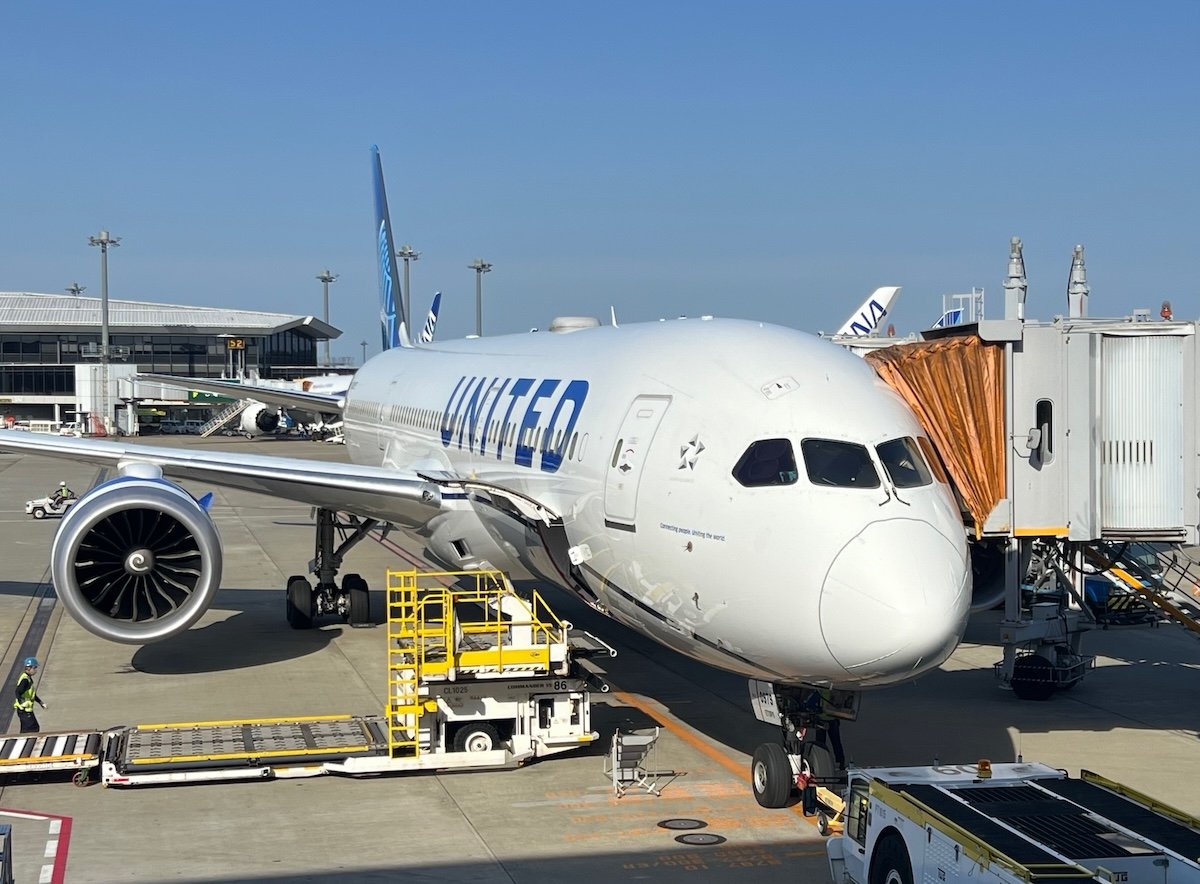
Would this deal get regulatory approval, though?
Of course a logical question would be whether an airline like United acquiring JetBlue would get regulatory approval. Under the Biden administration, we saw JetBlue try to acquire Spirit, only for the Department of Justice to block that, arguing it was important to maintain ultra low cost carrier competition.
I thought that was the wrong decision — in the meantime, Spirit has upended its business model, went through bankruptcy, and it’s anyone’s guess what the carrier’s future holds.
While the Trump administration claims it will still block mergers that aren’t good for competition, I suspect the execution will be a bit different than under the Biden administration. United also donated to Trump’s inauguration, and Kirby has had nothing but good things to say about Trump and his tariff policies.
That being said, call it a hot take, but I’m not sure more industry consolidation is a bad thing. And I’m not even sure United acquiring JetBlue would be bad for consumers. Why? Well, simply put, an airline can only afford to have tickets subsidized by shareholders for so long before something needs to change.
Specific to United acquiring JetBlue, let’s think about this for a second:
- This would be massively positive for JetBlue employees, who would be getting major pay increases, to align with United’s pay scales
- I’d argue that having a second major global airline with a hub in South Florida would be good news for consumers
- This would be great news for competition in New York City; currently Delta and American have a much bigger presence at Kennedy and LaGuardia, so it would be great to get a more competitive third player there
- United is simply in a much better position to leverage JetBlue’s assets to turn a profit, especially given that airlines largely make money through their loyalty programs nowadays, and don’t actually earn that much flying passengers
- Fundamentally what’s important is that the airline industry maintains and grows capacity, and keeping airlines not making money alive doesn’t do a whole lot to forward that goal; I mean, just look at all the new aircraft deliveries that JetBlue has deferred
If United were to acquire JetBlue, I suspect it would be similar to Alaska acquiring Hawaiian, where the Hawaiian operation would go from money-losing to almost profitable overnight, due to simply better utilizing assets.
I think the reality that some people refuse to accept is that US airline tickets are essentially subsidized by credit card agreements. Even the most profitable airlines (Delta and United) have virtually non-existent margins if we’re going to compare passenger revenue per available seat mile to cost per available seat mile. Large airlines have the power to offer much more lucrative loyalty programs, because there’s power in scale.
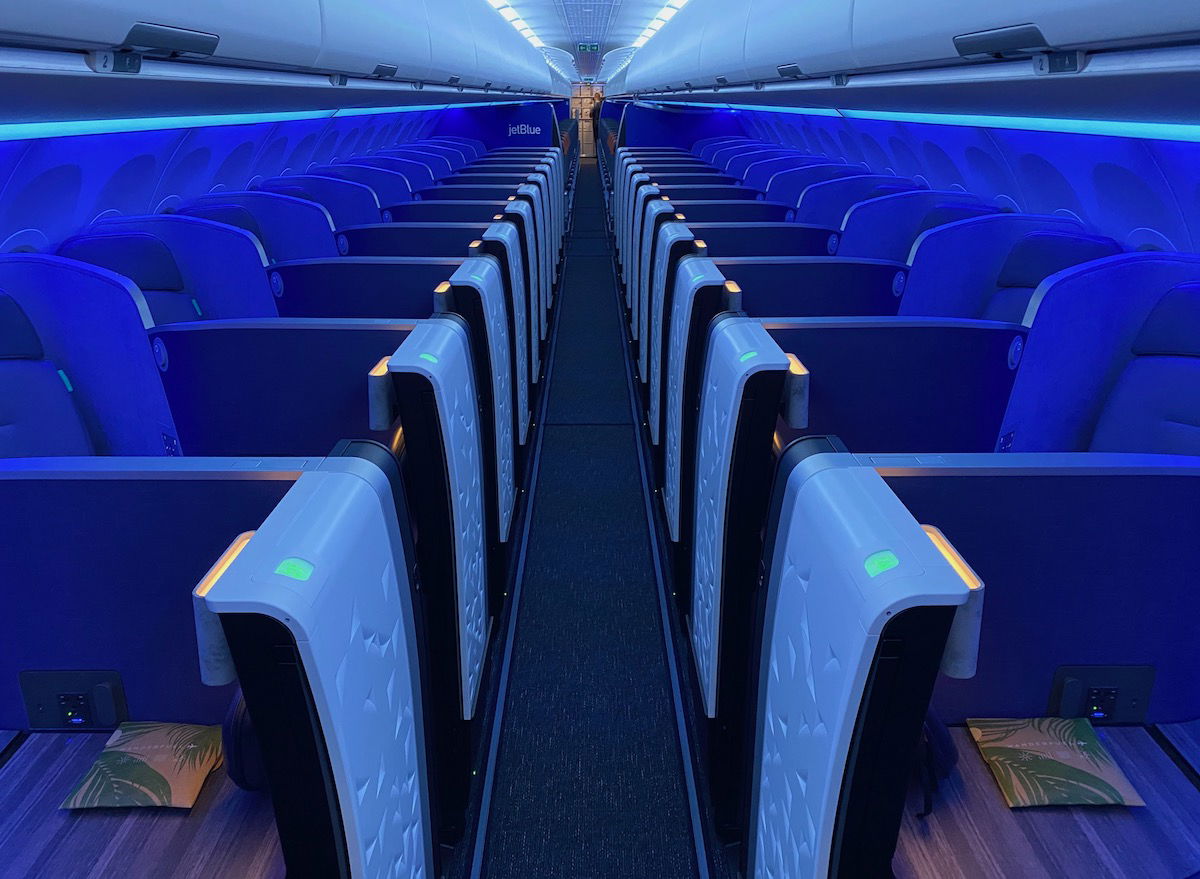
Is there an alternative to an outright merger?
One logical question is whether JetBlue and United could hook up in a way that doesn’t involve a merger. Maybe I’m missing something, but I struggle to think of an arrangement that could work, and be mutually beneficial:
- It’s not like United wants more connectivity to its flights, but it mainly just wants access to certain lucrative markets, which JetBlue struggles to profitability capitalize on; it’s different than JetBlue’s partnerships with foreign airlines, with connectivity at gateways
- Could JetBlue sell some aspects of its business, that would give United access to JFK? That doesn’t seem like it would help JetBlue in the long run
- Any sort of joint venture or something would also require regulatory approval, and the way I view it, that might be just as challenging as a merger
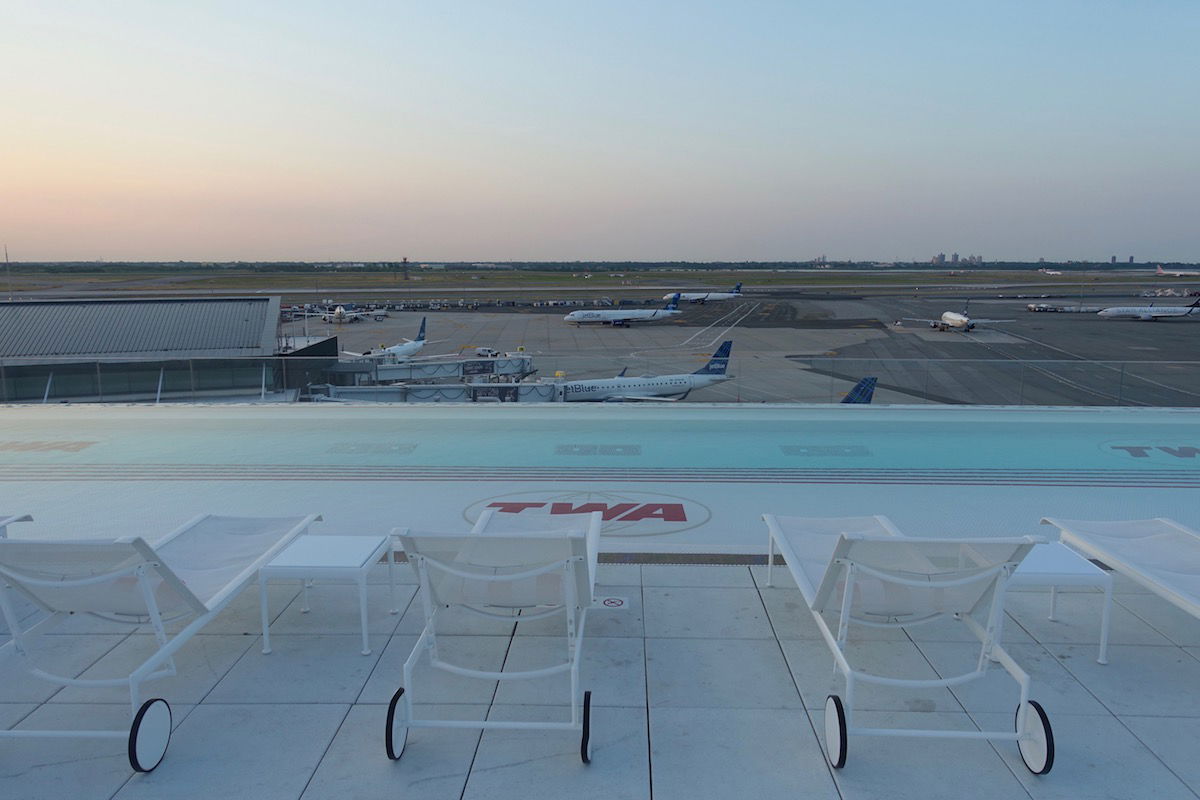
Bottom line
We know that United sees strategic value in JetBlue. We also know that JetBlue has been in talks with other airlines about a partnership, and has just called off talks with American, to pursue “different business priorities.”
All of this sure makes one wonder where exactly this is all headed. Given how the economics of the airline industry have evolved, I’d argue that a merger is most efficient, would make sense for both companies, and would ultimately benefit consumers (in the sense that JetBlue is losing money, but would probably become profitable almost instantly if acquired by United, given loyalty program profits and scale).
Admittedly that has its challenges, especially when it comes to regulatory approval. Other types of arrangements also can’t be ruled out, whether that involves a partnership, an asset sale, or something else. However, I struggle to make sense of what that would look like.
What do you make of the United and JetBlue situation, and how do you see this playing out?






























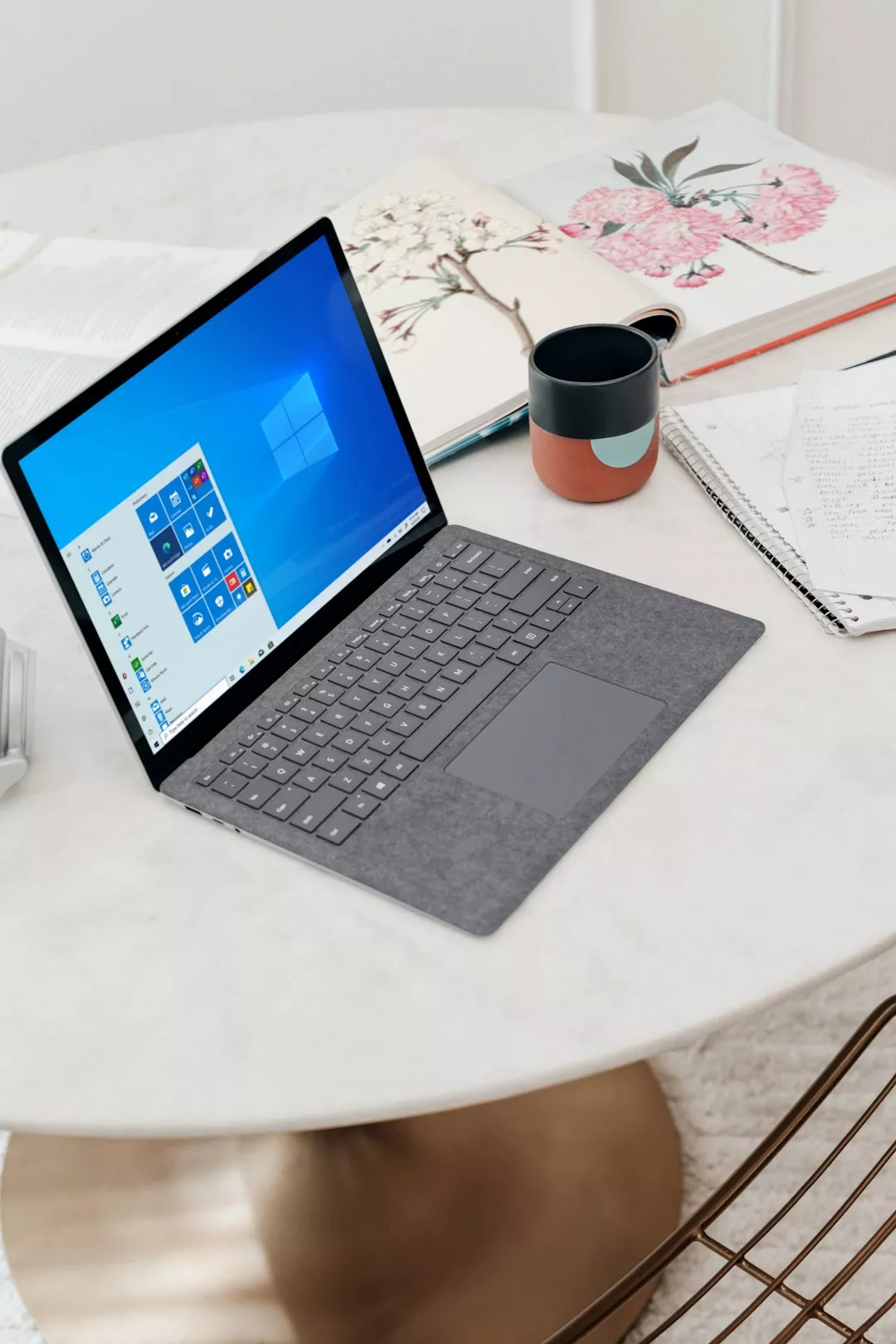






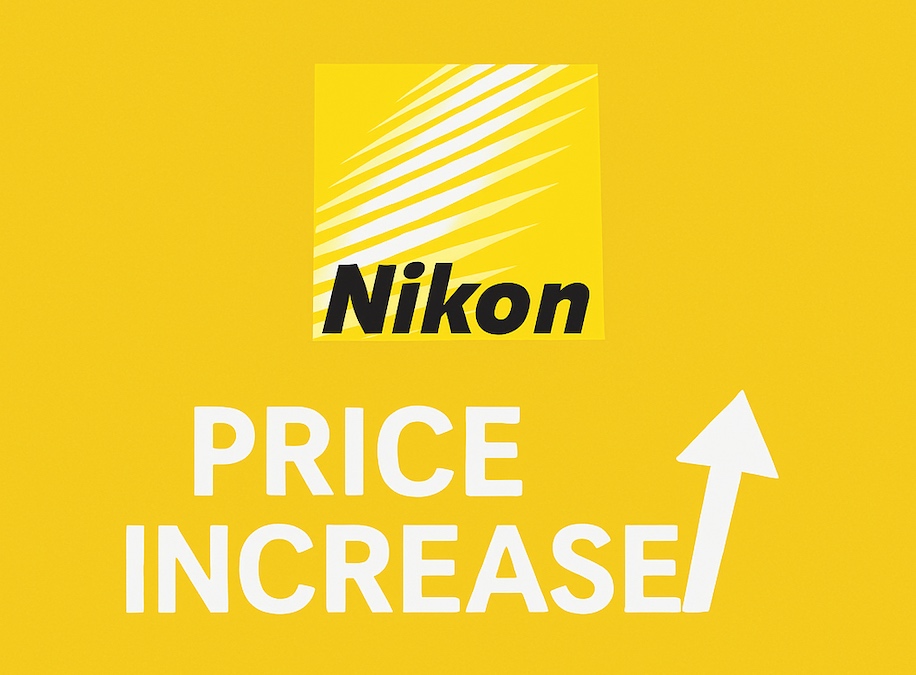
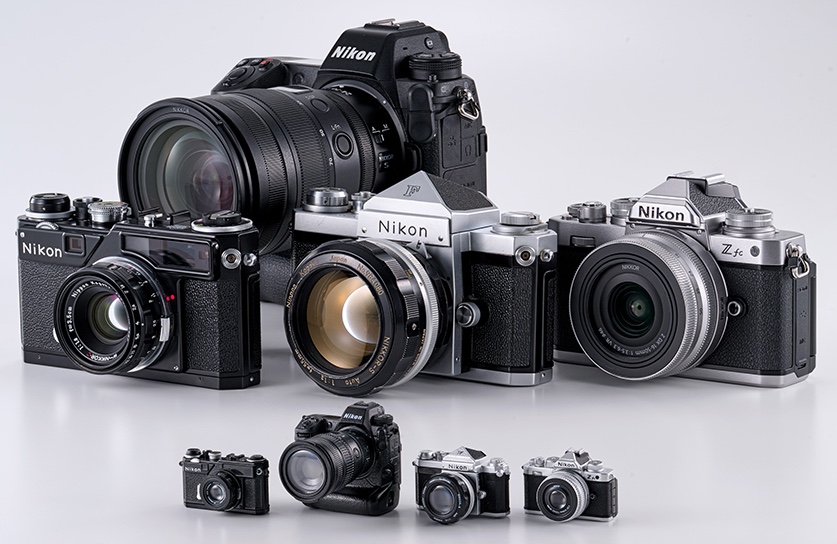

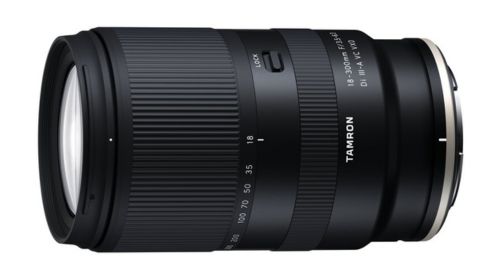





























































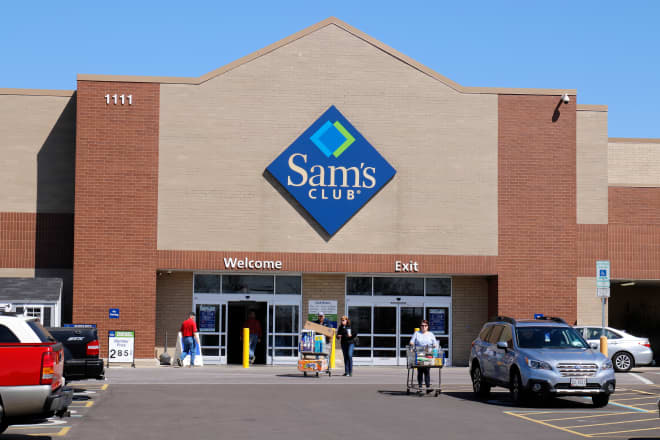










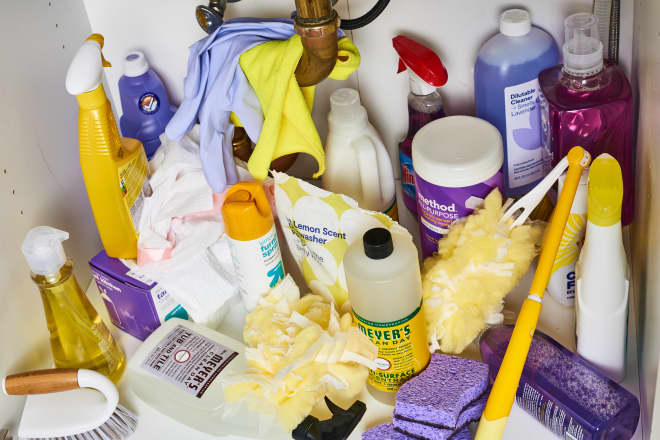

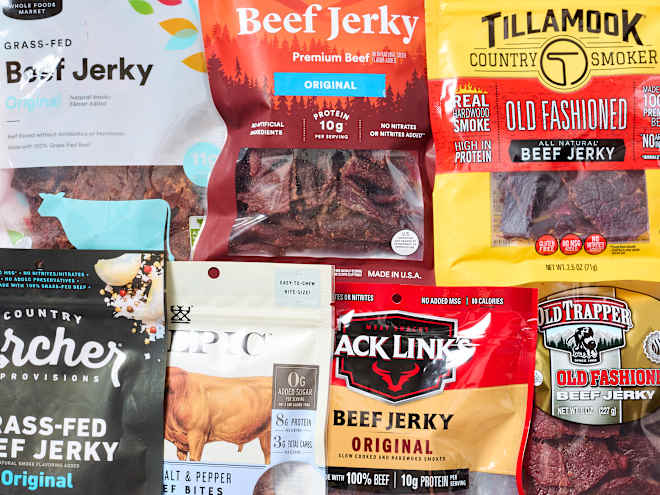






















/33901f8b-dab8-4ac5-8d01-7bf897aa6a96--2015-0122_chocolate-dump-it-cake_james-ransom_008.jpg?#)








































